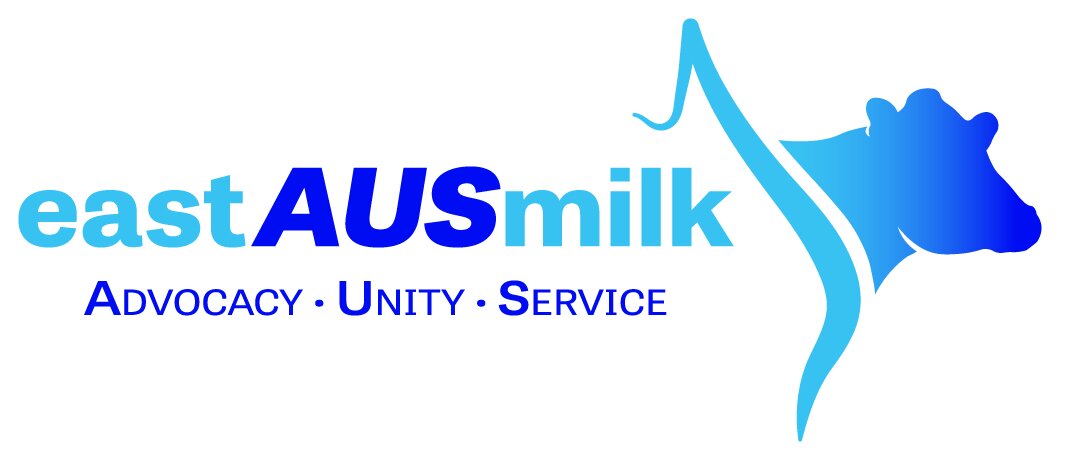New Biosecurity Tax Gets Deducted
Dairy farmers should be pleased to know the Commonwealth Government’s proposed Biosecurity Protection Levy is dead and the legislation has been withdrawn by the government.
On 10 May, the multi-party Senate Standing Committee on Rural and Regional Affairs shocked the agriculture sector when it recommended the Levy legislation should be passed, but by Wednesday 15 May, it was clear the proposal would be defeated by a mix of Opposition, Greens, and crossbench Senators. This came after extensive lobbying and advocacy from a wide range of farmer organisations.
The proposal was founded on a fundamentally wrong view of agriculture: the proposition that farmers were in some fashion special beneficiaries of the biosecurity system, and therefore should pay more.
As eastAUSmilk said in our submission on the proposal: agricultural producers are not beneficiaries of the biosecurity system, any more than is the importer of a wooden chair which has borers in it. Rather, like others in the community impacted by biosecurity incursions, agricultural producers are the victims of lax importers. To characterise them as in some fashion special beneficiaries is to base a policy on unsafe foundations.
We also noted that dairy farmers – indeed, many producers – are price takers and cannot pass on additional costs, nor can they absorb additional costs. The proposed levy was therefore seen by farmers as a proposal to reduce everyone’s income, without any kind of income test.
Any proposed agriculture reforms will be made much better by early and genuine consultation with the industry, and we remain ready, willing, and able to engage with the Agriculture Minister Murray Watt, the Commonwealth Government more generally, and public servants, on necessary or desirable change.
When it comes to what is really needed in the biosecurity area, past reviews by the Inspector General of Biosecurity have demonstrated a lack of efficiency, transparency, and accountability in the biosecurity system, and eastAUSmilk believes these are things the government should address first, in consultation with industry and the community. Significant reforms to biosecurity governance, funding, disease categorisation, surveillance and detection, diagnostics and vaccine development, compliance and continuous improvement should all be on the agenda.
By Mike Smith, eastAUSmilk government relations manager

